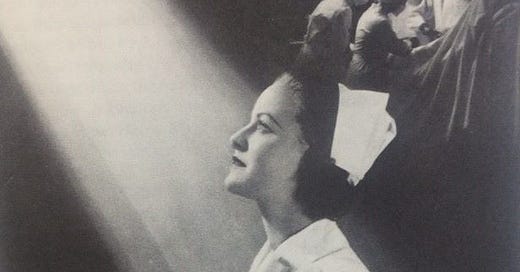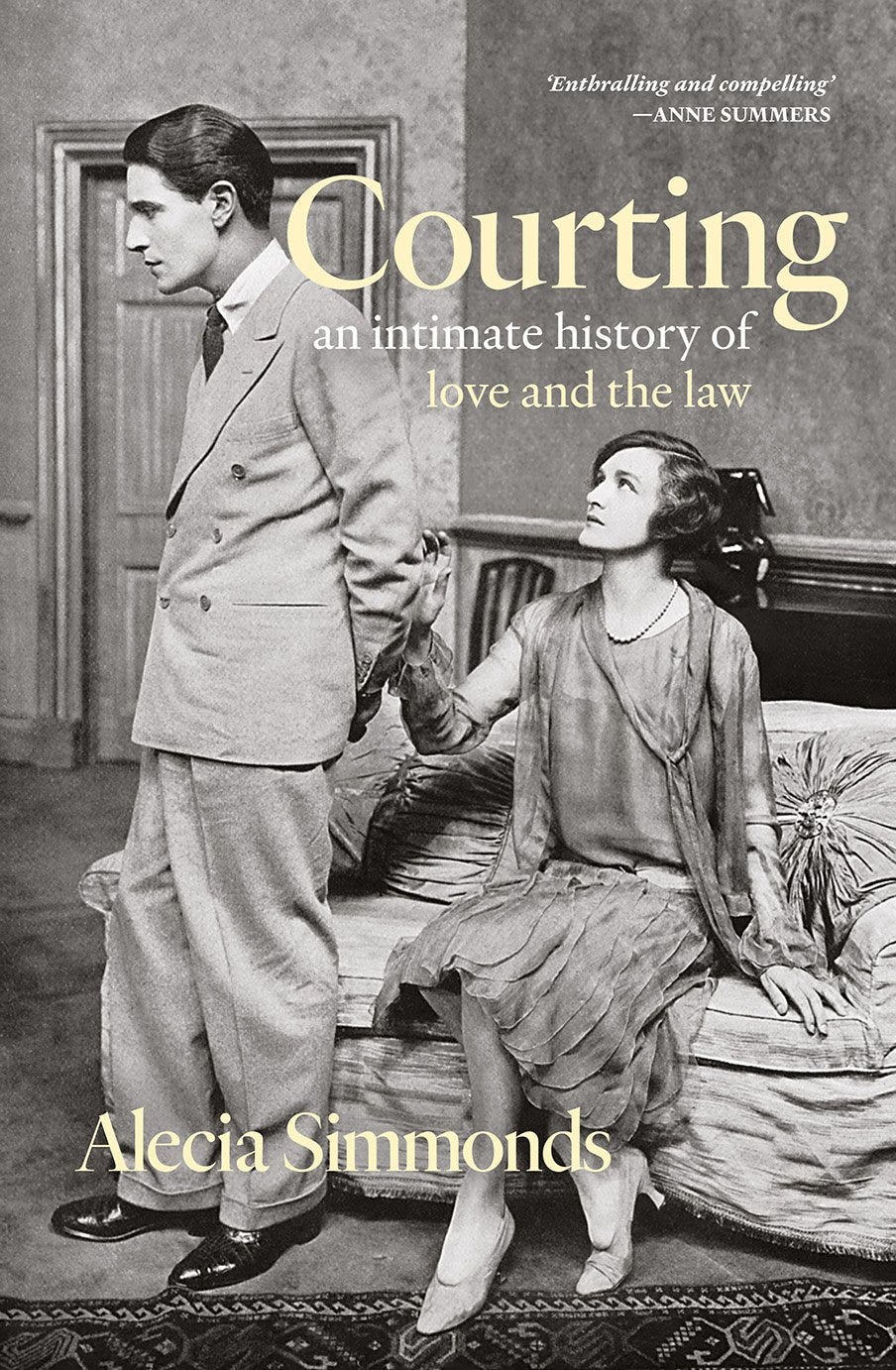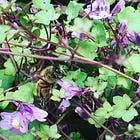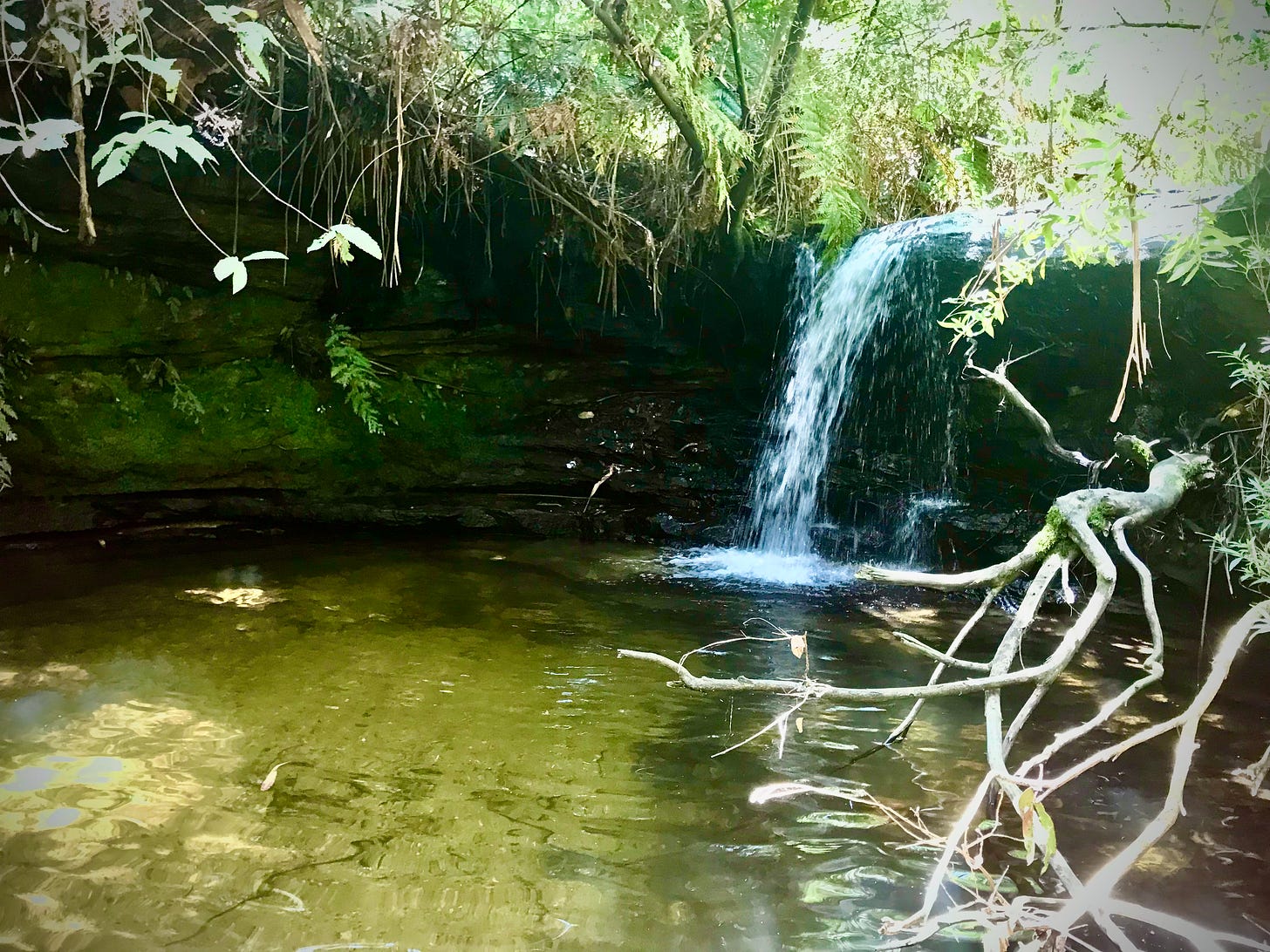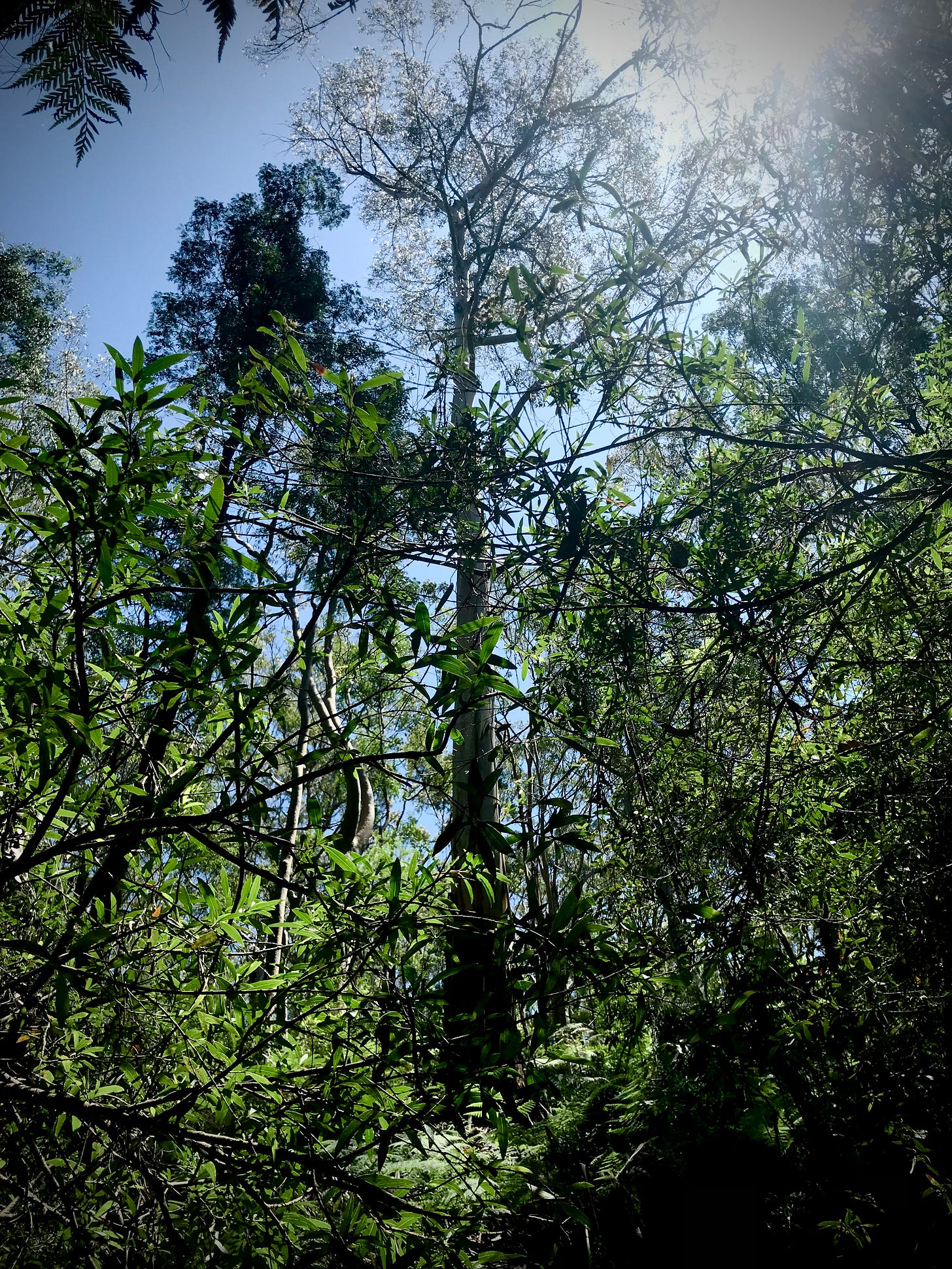Is it in or out? What is selfhood and what are skills - and which matters for capitalism?
Is selfhood and emotion 'natural' while skills 'earned'? And what do we get paid for? Does it matter" (that is a pun: y'know *matter* as in material stuff....)
Next week I am starting a new, part-time job with the public service. I am crazy excited about the work itself. But. Well. We already know how I feel about forms: after all, a recent newsletter was entitled F*cking Forms. And the public service comes with a lot of them.
Last week I was interrupted working through my 11 separate pre-employment forms (some of those triggering new forms) by a phone call from journalist Julie Hare. She told me she once had a three-month public service job and reckoned it was not worth it for the time it took to complete the forms. In any case, after we talked about Vice-Chancellor salaries, with more than a little desperation I begged this poor women on a tight deadline - 'doesn’t she want to talk a bit longer? She (rightly) laughed at me and hung up.
I was happy - well, determined - to complete the forms, because y’know, the job is great. But I tellya, they ask the same thing a lot. Mostly whether I am me.
You know how in hospitals, at least in the old days, every time someone spoke to you it was ‘what’s your name, what’s your date of birth, what’s your blood type’? It was like that, only also send us a picture of your passport, also a picture of you holding the passport, also fill out this GovtId thing where we scan your passport and your face to verify (again) your identity. I completed my birth date so frequently that I gained additional grey hairs in the time it took to repeatedly scroll back to the mid-1970s. Not to mention the bazillion digital signatures in several different acceptable modes.
Image: nurse in Johnson & Johnson advert but I can’t remember where I found it, sorry.
It seems really, really important to these folk that I am in fact me.
So frequently did they ask if I am me that I began to question it myself.
OK, so I know, because I can select all the squares with motorcycles or traffic lights, that I am not a robot (though tbf that does seem like the sort of thing a robot might be able to do).
But what is it, at work, that is me – that relies on my selfhood to do the work? Is my selfhood different to other bits of my work performance that are based on skills I have learned and merit that I have gained by a combination of education and work performance?
This matters in a few ways (which I will come to), but also for the question I began to consider last week about women’s emotional labour and whether emotions have been, or can be, deskilled by management.
What is ‘in’ and ‘out’ of ourselves was also on my mind as I’ve been reading Alecia Simmonds’ Courting.
Image: book cover for Alecia Simmonds’ Courting. Click on the image to go to BlackInc tsite, but maybe try to buy it from your local independent bookstore
This fabulous book (seriously, everyone should read this…) gives an overview of love and marriage in Australia since colonisation. She shows the change from marriage as a material thing, when a woman was materially poorer when she was jilted and deserving of financial compensation. Then, Alecia demonstrates the use of the law to recompense women for the ways their caddish blokes harmed them emotionally, so that love, emotional damage and law were entangled. Really one could put a money figure to emotions. And then, finally, Alecia shows that the law started to see emotions outside of its jurisdiction: they could consider material effects, but not hurt feelings. This, she thinks, is regressive - legal recognition of the loss associated with love helps us all see emotions as being as real as property, as material as a trousseau or as important as employment.
I likes the way she shows that a woman’s heart and her property are intrinsically connected to herself, but that the law (eventually) sees only the only the thing it can measure. This is a symptom, Alecia points out, of the kind of bureaucracy that also produces the world of forms.
Moral Deskilling
The separation that Alecia describes, where the law could not recognise emotions, is also how moral deskilling was achieved.
Virtues that were considered internal – things that made ‘good character’, like duty, courage, probity, purity, temperance but also integrity etc – were actively externalised. Rather than selecting people for their good character, those virtues were turned into things that could be managed by audit: quality management, risk management, ethics and so on.
As Judith Brett argues in her article on the PwC scandal, this now enables organisations to deflect bad behaviour as a failure of ‘process’ rather than a failure of character, or morals. By turning virtue from something that was inner to something that is outside of our selfhood, it was able to be audited, managed and, ultimately, controlled by those other than the people doing the work.
I keep promising to talk more about moral deskiling. I will, soon, because it matters to lots of stuff still happening - teacher strikes and shortages, for example.
But for now I want to think more about what is in, and what is out.
Nature v Nurture?
When professions like accountancy, engineering, teaching, healthcare and social work were establishing the standards by which they would select applicants and licence practitioners, they relied on merit.
Merit seems like a really good idea, and it sort-of is. Selecting people for their skills rather than connections acquired by birth or wealth is one of the key characteristics of modern ‘rational’ society.
But what is merit? Are we born with merit? Or do we acquire it? Was my merit already part of myself - or did I gain it by education and experience? Is it a matter of nature or nurture?
By the early twentieth century, this question became caught up with eugenics. Education reformers rejected a racist movement that believed virtues inhered in people who were blonde with blue eyes (though we should also note the longstanding connection not only with ugliness and evil in children’s literature, but the real-life connection in teachers’ records between children who were ‘beautiful’ and ‘good’).
So for good reasons, educators began to believe that natural talent *must* be spread evenly through society, but that merit was ‘earned’ at school and work.
Not coincidentally, this also affirmed the middle class commitment to status as achievement, derived from the protestant ethic (yes the same addiction of which I am a recovering addict).
But as the professions were established, not all of the virtues needed for a job were earned at all. Gender especially was important. Women building their own professions, or trying to gain a collective foothold in occupations dominated by men like law and engineering, often talked about the ‘natural’ qualities that made them particularly good at the work. Being dutiful and courageous, for example, were seen to be ‘natural’ virtues - unlike those earned by ‘merit’.
It was not just gender. For all the anti-eugenicist ideals attached to merit, race was still often seen to come with natural attributes, not ones that were earned.
So while all virtues initially inhered in the person, some virtues were less changeable than others. This was how the hierarchies that the professions built also structured hierarchies that were based on gender, race and…weirdly enough, class (more about that another time).
By the 1980s when those ideas were pretty thoroughly debunked, professions and managers alike thought that if all of the characteristics associated with work could be described and audited, this would not only put a stop to the harmful hierarchies and self-interest the system of professions embodied, but it would also make the things that mattered easier to manage. Transparency and accountability and all that. So that we only measure the things that can be quantified, and only value the things that can be measured.
Which like Alecia’s descriptions of love and law, leaves emotional labour out of the system, mostly.
But what is really in or out of our selfhood?
Again with the philosophy. Grimace.
For some decades, feminists have been pointing out that the distinction between private and public, rationality and emotions, minds and bodies have enabled patriarchal oppression.
More, there is (I think…this is hotly disputed at dinner table conversations in my home) reason to see selfhood as forged by doing. This relies on the self, like other stuff, coming into being via process, rather than existing independent of activity.
I really like this quote:
The chief defect of all hitherto existing materialism is that the thing, reality … is conceived only in the form of the object … not as sensuous human activity, practice. Karl Marx, Theses on Feurbach, Thesis I.
And, more famously, by implication this doing not only makes ourselves, but make (and changes) the world:
Philosophers have hitherto only interpreted the world in various ways; the point is to change it. Karl Marx, Theses on Feurbach, Thesis XI.
But the fact that it is philosophy says that it it not only action that matters (pun intended, ie turns ideas into material reality). Which is to say, perhaps doing (including work) is not less responsible for becoming than other person-making activities, like contemplation.
Truth, and consequently the reality of speech, depends upon the speaker’s ability to speak and be silent in turn….The person who talks constantly grows empty, and their emptiness is not only momentary…The heart incapable of storing anything, of withdrawing into itself, cannot thrive…Silence and speech belong together. The one presupposes the other. Together they form a unit in which the vital [person..original says ‘man’] exists. - Romano Guardini
Which connects in turn to the book I am still* reading by Ada Balthrop-Lewis, Thoreau’s Religion. (Thanks for the book Ada!)
*I never ever read just one book at a time, so sometimes they take a while.
Thoreau’s politics, Ada says, was anti-slavery, but he was also opposed to industrial exploitation. This led him, she suggests, not to withdraw wholly from the world in contemplation (as he’d usually seen to be doing) but to ‘simplify’, to reduce the need for what some were controversially calling ‘wage slavery’ (controversial because…well, actual slavery was really bad and wage slavery covered up racial aspects of capitalism). Which, for our household economy project, is pretty familiar. But it also points to a politics that sees our inner worlds and our activity as important, together.
Which might be a long complicated way of saying that doing (ie that which is ‘outside’) and contemplating (ie that which is ‘inner’) may not be separable things.
Waterfall contemplation
Relatedly, it is three months since I finished up in academia and I finally managed to have some time with a waterfall, this week. It was a hot day, but I still took hot tea and a sandwich. Some families trying to survive the last few days of school holidays came by and it was really fun to see them splashing in the crisp pools and sitting under the falls. I had a dip, read a book, used my eyes and rested my soul.
The ripples of the flowing water reflected on the branches of the scrub that partly shaded my picnic rug, which was cool and damp from the water I dripped on it. the waterfall tinkled pleasingly in the background. A glorious gum rose up, surrounded by perfect blue sky, where rays of sunshine peeking through the branches warmed the skin that the water in turn cooled.
For me these times in the bush are very like the vegetables we grow. The bush nourishes. It reminds me of what is real, present and important. And by dwelling there, at least for a little while, I feel that some of its qualities - restful acceptance of the flow of change, of disruptions that are big and little, of stillness and quiet - help me to become. Not just by doing, as in the frenetic work habits I long developed, but also by being, here.
How virtue - and probably emotions – come to matter
The thing about work (or perhaps better, doing) in combination with ideas, is that it literally builds the world around us.
Keep reading with a 7-day free trial
Subscribe to F*cking Capitalism to keep reading this post and get 7 days of free access to the full post archives.

